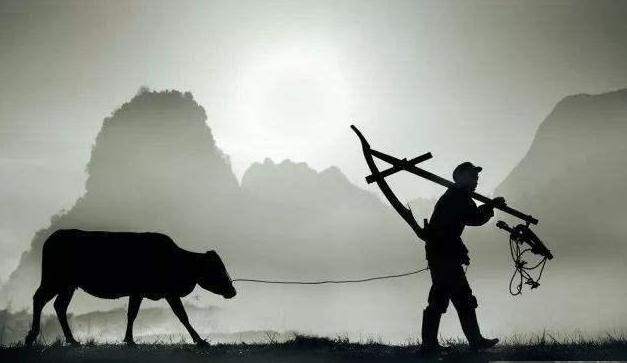"Alive" uses Fugui as a first-person narrative, in addition to Fugui's relatives who left him one by one, there are several characters who appear briefly also died.
First of all, talk about Dragon Er, when Dragon Er appeared, Fu Gui was still a wide young master, eating, drinking and gambling, so unhappy, in the later bet between Dragon Er and him, Dragon Er did tricks and feet, Fu Gui lost all the family property. In the end, the fields and properties were returned to Dragon Er. This is the peak of Long Er's life, but later Long Er was also beheaded because of his identity as a landlord. Before dying, Dragon Er shouted at Fugui, Fugui, I am dying for you. Yes, if these fields are still in the hands of Fugui, then it is Fugui who has been beheaded. Time is also fate! Blessed are blessed by misfortune.
The second character, Lao Quan. This was Fugui's comrade-in-arms when he was arrested by the Kuomintang to charge the army, and together they carried guns, starved, frozen, and robbed food. Lao Quan spent eight years in the Kuomintang army, many people around him died, and thought that he would usher in victory alive, but before the People's Liberation Army came, Lao Quan was killed by stray bullets. Compared with Lao Quan, Fugui seems to be lucky, after all, he went back alive.
The third character, Haruhi. Chunsheng is a baby soldier who was together with Fugui and Lao Quan, luckily survived, followed the People's Liberation Army, after the victory of the war, Chunsheng mixed with the official position of county magistrate, and later Fugui's son died unexpectedly because of saving Chunsheng's wife, when donating blood. The two have another layer of grudge. Later, in the midst of that catastrophe, Chunsheng was humiliated and hanged himself. Chunsheng secretly went to find Fugui before he died, and in his heart, the death of Fugui's son was related to him, and he always had the intention of not going, and that time was to make a final farewell. Hearing that Chunsheng eventually committed suicide, Fugui said a word: No matter how big a person's life is, if he wants to die, he will not be able to live. In fact, this sentence also alludes to Fugui's attitude towards life, that is, no matter what, it is alive. Being alive is value in itself, something meaningful in itself.
The author gave the tragic fate of Fugui a noble name, which seems to be another affirmation of his life, in the tragic life of others, he himself harvested happiness, happiness and blessing.
